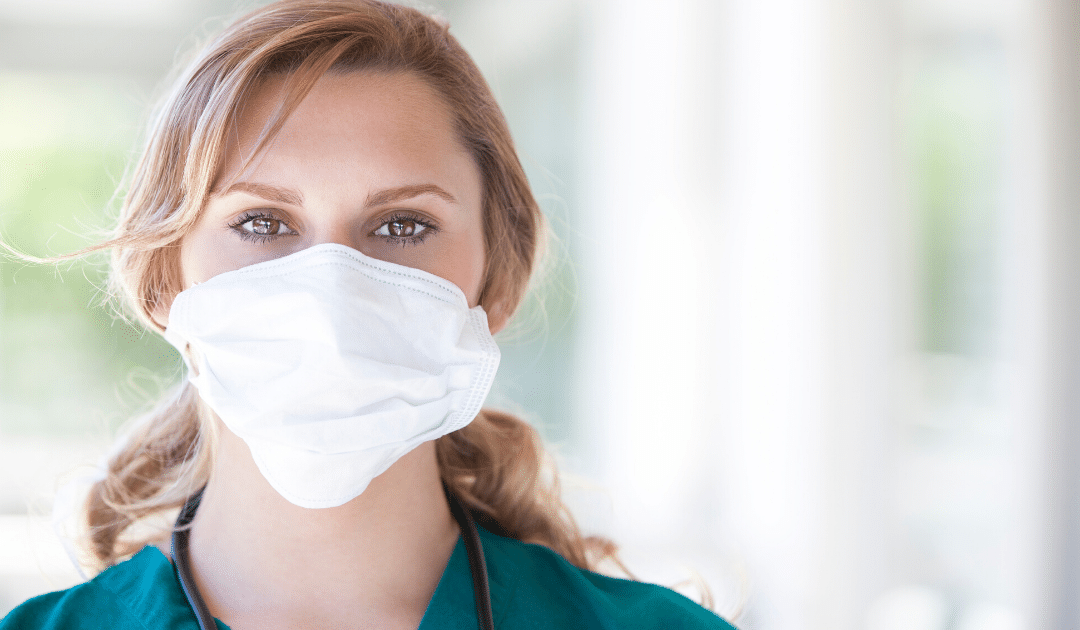Nurses, doctors, and health care professionals are our frontline heroes in the fight against coronavirus. With almost 4 times as many nurses as physicians in the U.S. (3.8 million vs 1.1 million, respectively), nurses are the largest segment of providers seeing, treating, comforting and providing ongoing care for the patients that are and will continue coming into hospitals and clinics.
Nurses know they will be hit hard, yet they are stepping up heroically in the face of incredibly long hours, heartbreaking care cases and increased personal risk. So, it’s time for the rest of us to step up and support them by doing our part to keep our healthcare workforce strong, healthy and resilient, we can help turn the tide on the crisis.
Here’s how you can help nurses in your community.
Stay Home
Across the country, various forms of shelter-in-place and social distancing orders have gone into effect. The basic idea is that by limiting exposure to others, we can significantly limit the spread of coronavirus infections. That will help us “flatten the curve” and prevent our hospitals from getting swamped beyond capacity. What you do matters. Stay updated on your city’s instructions by visiting its website, TV channel or social media channels.
Donate Supplies
Many facilities are in need of gloves, goggles, N95 masks, disinfectant wipes, hand sanitizer, gowns, and other PPE. Look through your closets and garage and see if you’ve got extras (new and unused) you can donate. Check your local news pages, public health agencies or health care provider’s social media pages for specific needs and drop off instructions. Some are even asking crafters to sew masks!
Follow the Care Protocol
If you feel you might be sick, contact your doctor or advice nurse about your symptoms, then follow their instructions. Given the pressure on the health system, they are working hard to provide high-quality, personalized care to their insureds via telehealth, while also ensuring that high-risk and vulnerable patients have access to emergency and hospital services. And if you haven’t done so already, cancel or postpone any elective or routine care appointments.
Be a Good Neighbor
Many of us know nurses and health care workers personally. Whether they’re in your family, friend circle or neighborhood, make a point to reach out (virtually) and check-in. See if there’s anything you can do for them or their families. This could be something like picking up groceries, walking their dog or picking up their takeout. They are and will continue to be overwhelmed—physically, mentally and emotionally. Let them know you’re there for them.
As nurses and other healthcare professionals treat more and more patients, their risk of infection increases. That’s a real danger—both to their own personal health and to the number of providers that will be available to take care of patients in the months ahead.
Never in our modern lives have our personal choices made such an impact on the health of our greater community, that is why it is so important that you help do what you can today.
This article is furnished by California Casualty, providing auto and home insurance to educators, law enforcement officers, firefighters, and nurses. Get a quote at 1.866.704.8614 or www.calcas.com
- Graduation – When to Remove Your Child from Your Auto Policy - May 18, 2023
- How to Prevent Catalytic Converter Theft - May 17, 2023
- How Much Does Home Insurance Cost? - May 17, 2023

